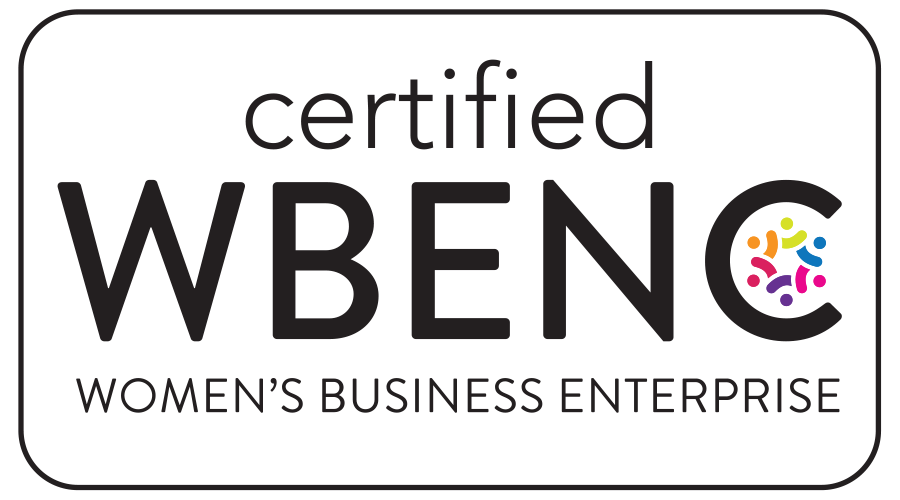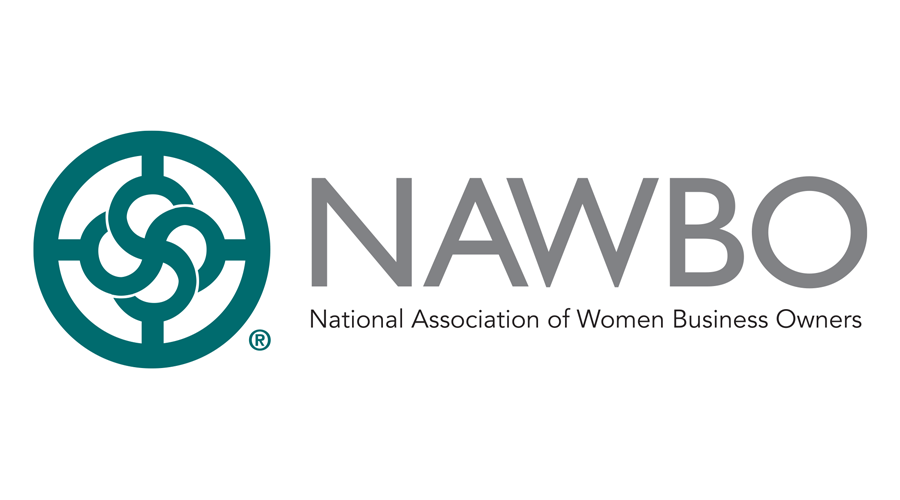Illinois recently passed major new economic development legislation that is set to boost the state’s economic competitiveness. The incentives, signed into law by Governor JB Pritzker on February 3, provide stronger financial assistance for businesses to relocate to or expand in the state, and makes it easier for them to qualify for existing programs, particularly in key industries such as electric vehicles, sustainable energy, and microchips. Here are six key takeaways from the legislation:
- New “closing fund” to seal the deal: The Invest in Illinois fund devotes $400 million to high-priority projects that commit to investing and creating jobs in Illinois. This means that expanding or relocating companies can receive cash assistance to help with up-front costs associated with their projects. Clawbacks and safeguards are in place to ensure that job creation and investment numbers are met. The intended purpose is to help large deals close quickly.
- Bigger, simpler tax credits: The new policy revises Illinois’ Economic Development for a Growing Economy (EDGE) Tax Credit with new provisions that substantially ease “but/for” requirements. One impact is that businesses no longer have to report on incentives from competing states. It also doubles the credits for retained employees in underserved areas to 50% from 25%. A termination clause gives businesses five years to achieve their job creation and investment commitments.
- Supercharging EV projects: Illinois is positioned at the forefront of the energy transition. The Reimagining Electric Vehicles (REV) Act, passed in 2021, offers highly competitive incentives, including 75-100% income tax withholdings exemptions and credits for workforce training, construction jobs, and investment, to attract companies in the electric vehicle sector. New updates change its name to Reimagining Energy and Vehicles and expand the eligible companies to include manufacturers of solar, renewables, and energy storage components. The minimum investment threshold was also lowered to $2.5 million from $20 million. Companies are required to create 50 new jobs or a number equivalent to 10% of their global workforce, whichever is lower, within four years.
- Big credits for tiny chips: The microchips found in everything from smartphones to pickup trucks have seen surging demand, supply chain issues, and a drive to “reshore” the manufacturing of critical technologies. Last April, Illinois passed the Manufacturing Illinois Chips for Real Opportunity (MICRO) Act to attract semiconductor companies looking to relocate or expand in the U.S. The new legislation significantly boosts tax credits for retained employees of semiconductor projects from 25% to 75%, rising even further to 100% for those locating in an underserved or energy transition area.
- Larger enterprise zones: Illinois’ existing Enterprise Zone Program was designed to stimulate economic growth and revitalize disadvantaged areas of the state through various tax incentives, regulatory relief and improved governmental services. The act amends the program to expand the size of these zones, allowing for local communities to be more competitive when attracting businesses.
- Leading in SAF: Illinois is now the only state in the nation with a sustainable aviation fuel (SAF) tax incentive, providing a $1.50/gallon tax credit for SAF sold to or used by an air carrier. SAF is seen as a critical component in the decarbonization of the aviation industry, which has long advocated for policy support to help offset the higher cost of SAF production compared with traditional jet fuel.
Overall, these measures are designed to advance Illinois’ competitiveness when it comes to business attraction and retention.
To learn more about these and other incentives or to get help with identifying sites with growth potential, contact us.
The information contained herein is general in nature and is not intended and should not be construed as legal, accounting, or tax advice or opinion provided by Ashmore Consulting LLC to the reader. The reader also is cautioned that this material may not be applicable to, or suitable for, the reader’s specific circumstances or needs and may require consideration of non-tax and other tax factors if any action is to be contemplated. The reader should contact Ashmore Consulting LLC or another tax professional prior to taking any action based upon this information. Ashmore Consulting LLC assumes no obligation to inform the reader of any changes in tax laws or other factors that could affect the information contained herein.

 Ashmore Consulting is proud to join Pledge 1%, a global movement creating new normal where companies of all sizes integrate giving back into their culture and values. Pledge 1% empowers companies to donate 1% of product, 1% of equity, 1% of profit or 1% of employee time to causes of their choice. Over 1,500 companies in 40 countries have taken the Pledge and committed to give to communities around the world. Ashmore Consulting is excited to join Pledge 1%’s network of founders, entrepreneurs and companies around the globe that have committed to giving back.
Ashmore Consulting is proud to join Pledge 1%, a global movement creating new normal where companies of all sizes integrate giving back into their culture and values. Pledge 1% empowers companies to donate 1% of product, 1% of equity, 1% of profit or 1% of employee time to causes of their choice. Over 1,500 companies in 40 countries have taken the Pledge and committed to give to communities around the world. Ashmore Consulting is excited to join Pledge 1%’s network of founders, entrepreneurs and companies around the globe that have committed to giving back.


